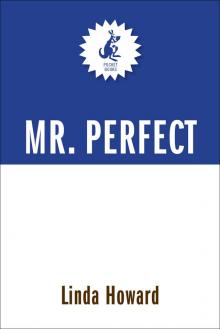 Mr. Perfect
Mr. Perfect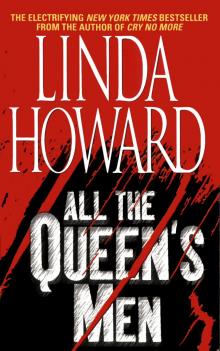 All the Queen's Men
All the Queen's Men Midnight Rainbow
Midnight Rainbow Diamond Bay
Diamond Bay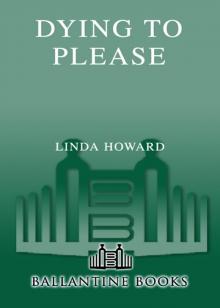 Dying to Please
Dying to Please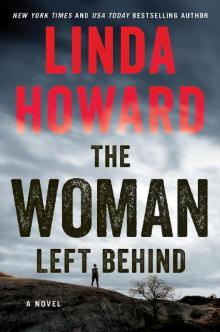 The Woman Left Behind
The Woman Left Behind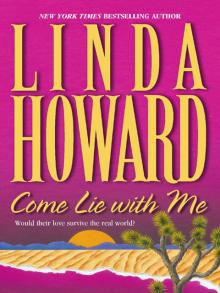 Come Lie With Me
Come Lie With Me Drop Dead Gorgeous
Drop Dead Gorgeous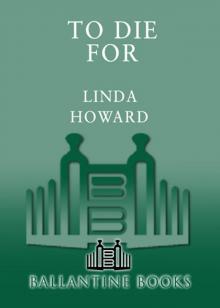 To Die For
To Die For Ice
Ice Overload
Overload Shadow Woman
Shadow Woman Veil of Night
Veil of Night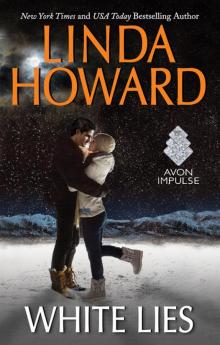 White Lies
White Lies Son of the Morning
Son of the Morning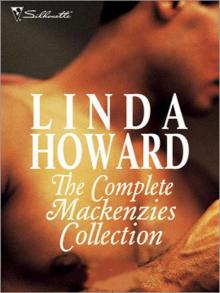 The Complete Mackenzies Collection
The Complete Mackenzies Collection Lake of Dreams
Lake of Dreams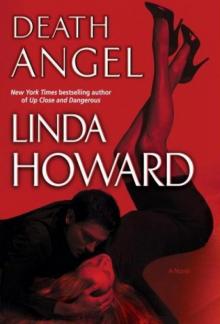 DeathAngel
DeathAngel Loving Evangeline
Loving Evangeline Burn
Burn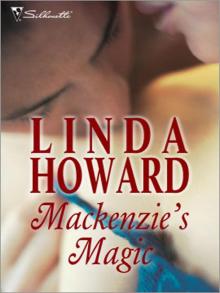 Mackenzie's Magic
Mackenzie's Magic Against the Rules
Against the Rules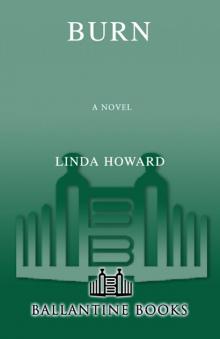 Burn: A Novel
Burn: A Novel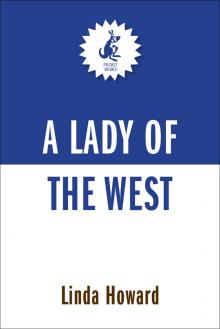 A Lady of the West
A Lady of the West Almost Forever
Almost Forever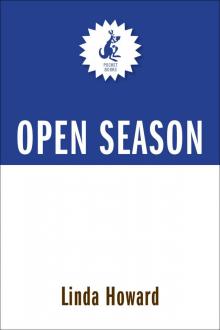 Open Season
Open Season Now You See Her
Now You See Her Prey
Prey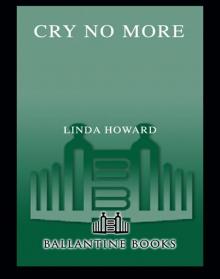 Cry No More
Cry No More Sarah's Child
Sarah's Child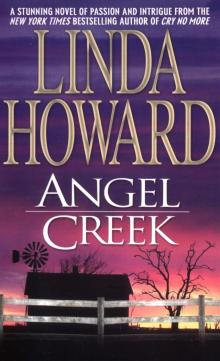 Angel Creek
Angel Creek Death Angel
Death Angel Kill and Tell
Kill and Tell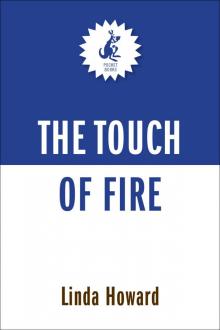 The Touch of Fire
The Touch of Fire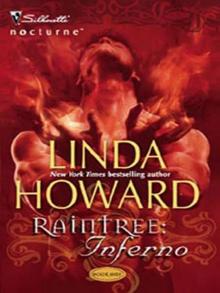 Raintree: Inferno
Raintree: Inferno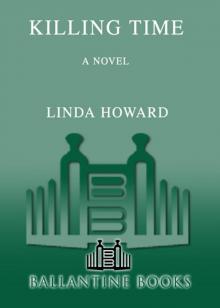 Killing Time
Killing Time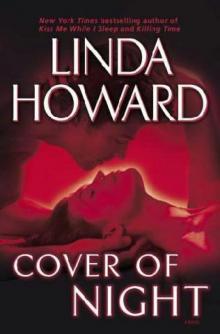 Cover of Night
Cover of Night Tears of the Renegade
Tears of the Renegade Heartbreaker
Heartbreaker The Cutting Edge
The Cutting Edge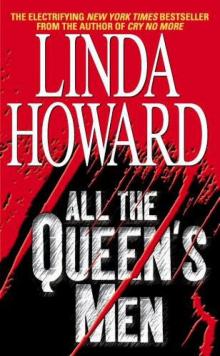 All The Queen's Men cs-2
All The Queen's Men cs-2 Veil of Night: A Novel
Veil of Night: A Novel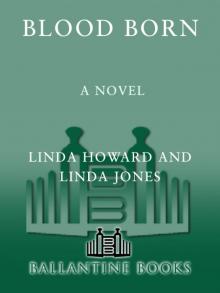 Blood Born
Blood Born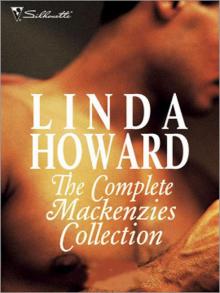 The Complete Mackenzie Collection
The Complete Mackenzie Collection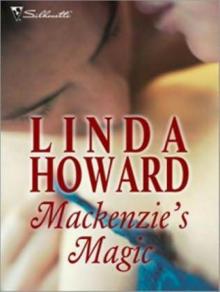 Mackenzie's Magic m-4
Mackenzie's Magic m-4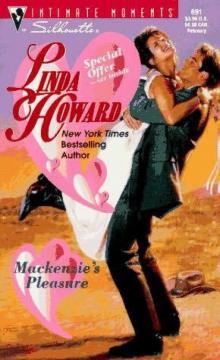 Mackenzie's Pleasure m-3
Mackenzie's Pleasure m-3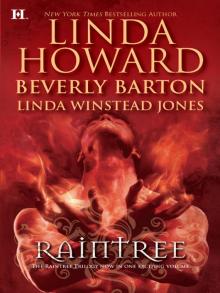 Raintree
Raintree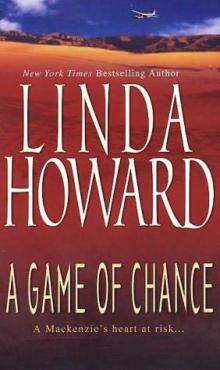 A Game Of Chance m-5
A Game Of Chance m-5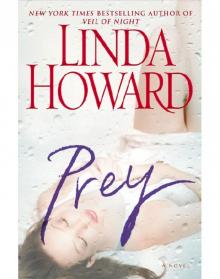 Prey: A Novel
Prey: A Novel Lethal Attraction: Against the RulesFatal Affair
Lethal Attraction: Against the RulesFatal Affair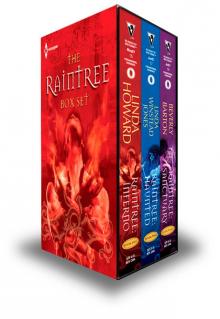 The Raintree Box Set: Raintree: InfernoRaintree: HauntedRaintree: Sanctuary
The Raintree Box Set: Raintree: InfernoRaintree: HauntedRaintree: Sanctuary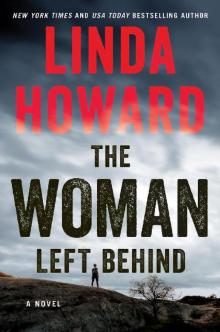 The Woman Left Behind: A Novel
The Woman Left Behind: A Novel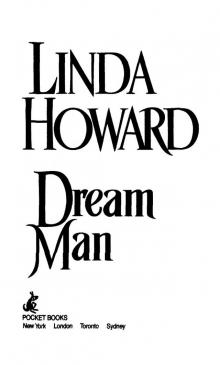 Dream Man
Dream Man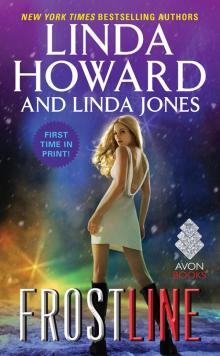 Frost Line
Frost Line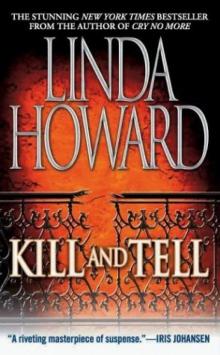 Kill and Tell cs-1
Kill and Tell cs-1 Shadow Woman: A Novel
Shadow Woman: A Novel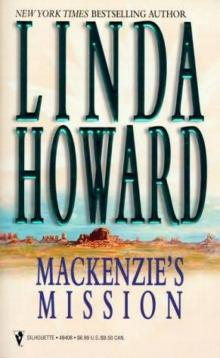 Mackenzie's Mission
Mackenzie's Mission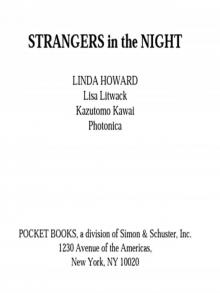 Strangers in the Night
Strangers in the Night Running Blind
Running Blind